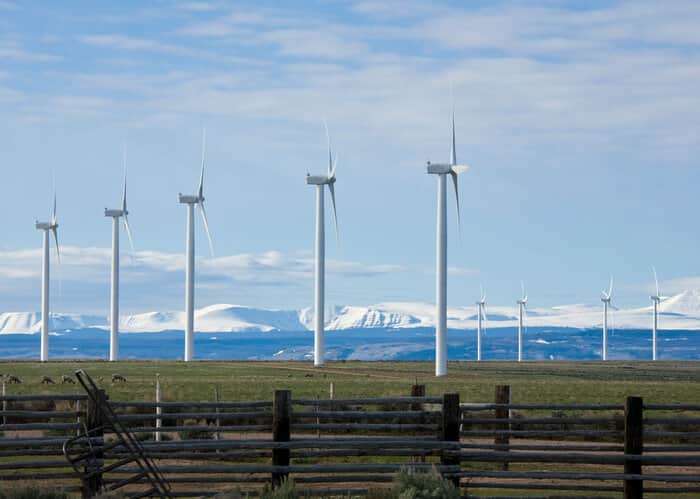Based on a study, Siemens says it is feasible to save up to EUR 45 billion if it could better enhance efficiencies in power systems and optimize size locations when it comes to renewable power planning. And as Siemens plans to expand power generation from renewable energy sources, the study takes on added significance.
According to Siemens, the opportunity for savings starts with the choice of location: If installations were built at the sites in Europe that offer the highest power yields, EUR 45 billion of investment in renewables could be saved by 2030, the company notes.
‘In Europe, just the new photovoltaic capacity alone to be built by 2030 amounts to about 138 GW. If these facilities were erected at the sunniest sites, we could save 39 GW of solar equipment – for the same power yield. The choice of site is crucial to the efficiency and economy of wind power, as well,’ notes Michael Suess, member of the corporate executive committee at Siemens AG and CEO of Siemens' energy sector.
Siemens has spotlighted four main levers for optimizing energy systems worldwide that can be more or less effective depending on the regional characteristics of the power grids and the power plant fleet:
Local optimization of renewable power installations: This means exploiting regional power generation potentials to the fullest extent, and involves finding the best sites for solar installations, hydropower storage facilities and wind power farms, as well as expanding the grids to match.
Enhancing the efficiency of the power system: For instance, the average efficiency of coal-fired power plants in Europe is only 38%, whereas modern plants can reach up to 46%. Installing more efficient electrical equipment in industry and households would cut CO2 emissions and costs even further.
Improvements in the power plant mix: Switching from coal fuel to gas-fired power plants would considerably reduce the volumes of carbon dioxide emitted by conventional power generation. This alone implies an annual CO2 savings potential of 365 million tons in Europe. That is equivalent to half of all emissions in Germany.
More use of electric power for energy needs: Instead of generating power locally at low efficiency and burning oil and natural gas to heat buildings, power could be generated more efficiently in large-scale power plants, and high-efficiency electrical heating systems could be used in thermally insulated houses – at least in regions with broad-scale power grid coverage.
Working in cooperation with the Technical University of Munich, Siemens will present its findings at the World Energy Congress in Daegu, South Korea, in October.



